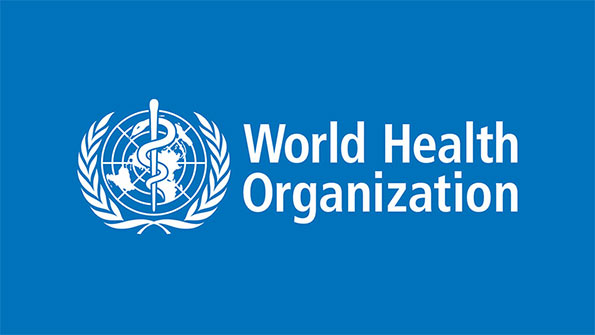Omicron poses ‘very high’ global risk, world must prepare – WHO

The Omicron coronavirus variant is likely to spread internationally, posing a “very high” global risk of infection surges that could have “severe consequences” some areas, the World Health Organisation (WHO) said on Monday.
The U.N. agency urged its 194 member states to accelerate vaccination of high-priority groups and, in anticipation of increased case numbers, to “ensure mitigation plans are in place” to maintain essential health services.
“Omicron has an unprecedented number of spike mutations, some of which are concerning for their potential impact on the trajectory of the pandemic,” the WHO said.
“The overall global risk related to the new variant …is assessed as very high.”
To date, no deaths linked to Omicron had been reported, though further research was needed to assess Omicron’s potential to escape protection against immunity induced by vaccines and previous infections, it said.
“Increasing cases, regardless of a change in severity, may pose overwhelming demands on health care systems and may lead to increased morbidity and mortality. The impact on vulnerable populations would be substantial, particularly in countries with low vaccination coverage,” it said.
The variant was first reported to WHO on Nov. 24 from South Africa, where infections have risen steeply.
It has since spread around the world, with new cases found in the Netherlands, Denmark and Australia even as more countries imposed travel restrictions to try to seal themselves off. Japan said on Monday it would close its borders to foreigners, joining Israel in taking the toughest measures.
The WHO, in its latest guidance, reiterated that countries should use a “risk-based approach to adjust international travel measures in a timely manner”. Further advice would be forthcoming, it said.
“The presence of multiple mutations of the spike protein in the receptor-binding domain suggests that Omicron may have a high likelihood of immune escape from antibody-mediated protection. However, immune escape potential from cell-mediated immunity is more difficult to predict,” it said.
“Overall, there are considerable uncertainties in the magnitude of immune escape potential of Omicron.”
More data was expected in coming weeks.
“COVID-19 cases and infections are expected in vaccinated persons, albeit in a small and predictable proportion”, it added.
(Reuters)
Latest Headlines in Sri Lanka
- Sri Lanka to operate immigration department 24/7 to speed up passport issuance February 5, 2025
- Sri Lanka announces new paddy purchase prices from February 6, 2025 February 5, 2025
- Sri Lanka launches national survey on toque macaque February 5, 2025
- Sri Lankan MPs’ meal price jumps over four times from Rs. 450 to Rs. 2,000 February 5, 2025
- Sri Lanka to cut water tariffs by up to 30% February 5, 2025



Sri Lanka’s donky majority likely to go on marches protesting that the government has allowed omicron to come to our land on purpose to hide the foreign currency shortage, or our ‘great opposition or school principals soon urge masses to march to show people’s power!